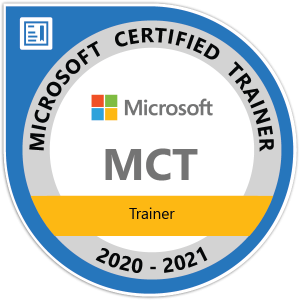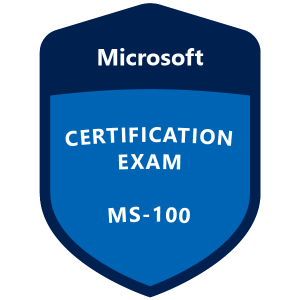
[ad_1]
It’s always the simple questions that take me down rabbit holes. In this case, it’s a simple question: Is an A+ certification worthwhile for someone wanting to get a job in IT? If you read through the details on the CompTIA web site, you would think this is a certainty:
“CompTIA A+ Is the Industry Standard for Establishing a Career in IT.”
But for a certification that involves taking two tests that are listed at $246 each, plus training packages that can be thousands of dollars, that’s no small investment for someone looking for an entry-level job doing IT support-type roles. And these need to be renewed every three years (a change made in 2011 — before that, they were “lifetime” certifications), so it could be an ongoing investment too.
In my time at Microsoft, I learned to despise certification exams. The goals are usually good: create an exam that can separate those that have the skills and background in the area being tested from those that don’t. (The passing scores can be adjusted too, e.g. lower the required score if you find you’re failing too many people who actually have the needed skillsets.) Sadly, that doesn’t mean the exam itself is a quality exam — the questions can be gibberish as long as those that pass the test generally pick the “best” answer from the list most of the time. It seems like the more people who get involved in the exam creation process (defining the subject matter, building the questions, etc.), the messier the process gets. So how do these A+ exams fare? Before we get too much into that, let’s review what these exams are supposed to cover.
As with most exams, there are “exam objectives” published that describe at a high level what the exam will cover. Anyone looking to take the exams should review these exam objective documents. For the first exam for A+, 220-1101, that includes a few areas: mobile devices, networking, hardware, virtualization, cloud computing, and hardware/network troubleshooting. For the second exam, 220-1102, the areas include operating systems, security, software troubleshooting, and operational procedures. Sounds reasonable, right? But getting deeper into it, the questions feel like they’ve been curated like an adult contemporary radio station: the best of the 90’s, 2000’s and today. Sure, there have been updates to the content over the years (e.g. mobile phones, cloud basics), but the old stuff is still there.
So how did I do, as someone who has been working in the industry for 30+ years and spent a total of zero minutes preparing for the exams? I passed both exams, so I am officially certified. But there were certainly things in the exams that I didn’t like:
- There were questions that I thought were vague, and even a few that didn’t appear to have any right answers (e.g. what needs to be done if you can’t enable Hyper-V). The fancier the question, the worse they got, e.g. you need to specify the order of steps that you want to use for troubleshooting.
- There were questions that were subjective, e.g. those involving help desk processes that always vary from company to company.
- There were questions that presented multiple problems, combined with answers that only addressed one of those problems. (I guess if the app works, we don’t need to worry about the blue screen. And sure, just copy DLLs around, that will fix things.)
- There were questions that included details that normal people wouldn’t ever care about. For example, do you know the significance of 13.56MHz? Do people still use TACACS+? How about the significance of Wi-fi bands? Want to know the symptoms of a hand-built computer that doesn’t have a larger enough power supply, or that has an overclocked processor? (Granted, some of this is targeted more at the “computer shop” person rather than a typical IT support person, but still.)
- Questions that want command-line specifics are being too picky. In today’s “Google it first” world, people don’t memorize all of these commands any more, they just look it up when they need to do it. Understanding the concepts is more important that knowing the exact command line switches. But at least there’s some acknowledgement of a heterogenous world: Windows, MacOS, and Linux are all covered (although Windows is covered most).
- They really want you to know how to identify problems with laser printers and what parts need to be replaced to fix certain types of issues based on the symptoms observed.
I have certainly seen worse exams over the years, but I’ve seen a lot better too. These are just somewhere in the middle. Those who have already have broad experience (and therefore are likely already working in IT) would have no significant troubles passing these (and would likely curse at some of the questions just like I did). But the target audience is something completely different: people who don’t yet have that experience but want it so they can get an entry-level PC support job. How are those people going to fare? Unless they take the (expensive) classes, buy the (slightly less expensive) study materials, or (more likely) memorize the answers from online “cheat” sites that let you see all the questions, they are likely going to struggle.
But if you are in a situation where you think you need this certification (perhaps it’s a requirement of the job), don’t let me stop you. I would suggest buying the CompTIA Store Club membership for $49/year because it gives you a 20% discount on exam vouchers, so it easily pays for itself when you take two exams ($49 off of each one).
Maybe at some point I’ll try some of there other certifications (ITF+, Cloud+, Networking+, Security+), but before I do that I need to recover from this experience more. Maybe meditation will help…
[ad_2]
Source link




